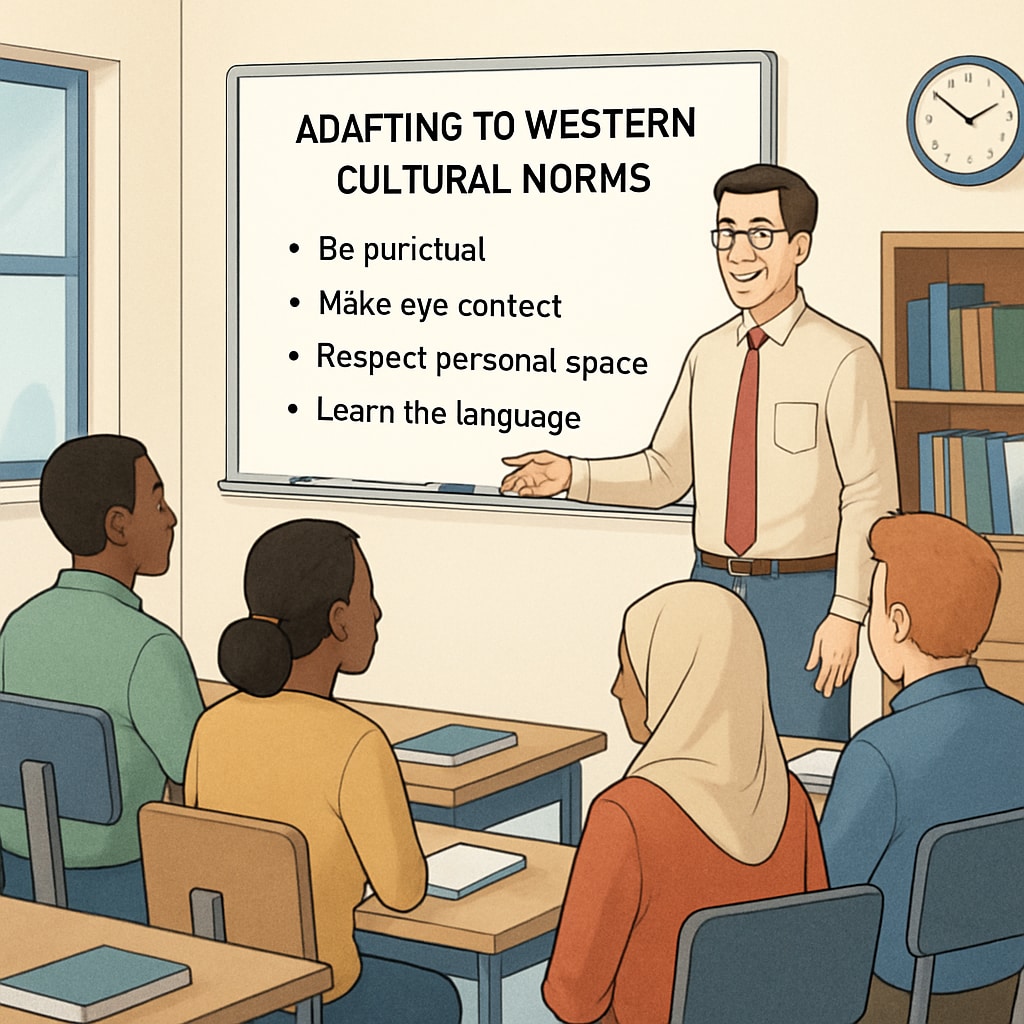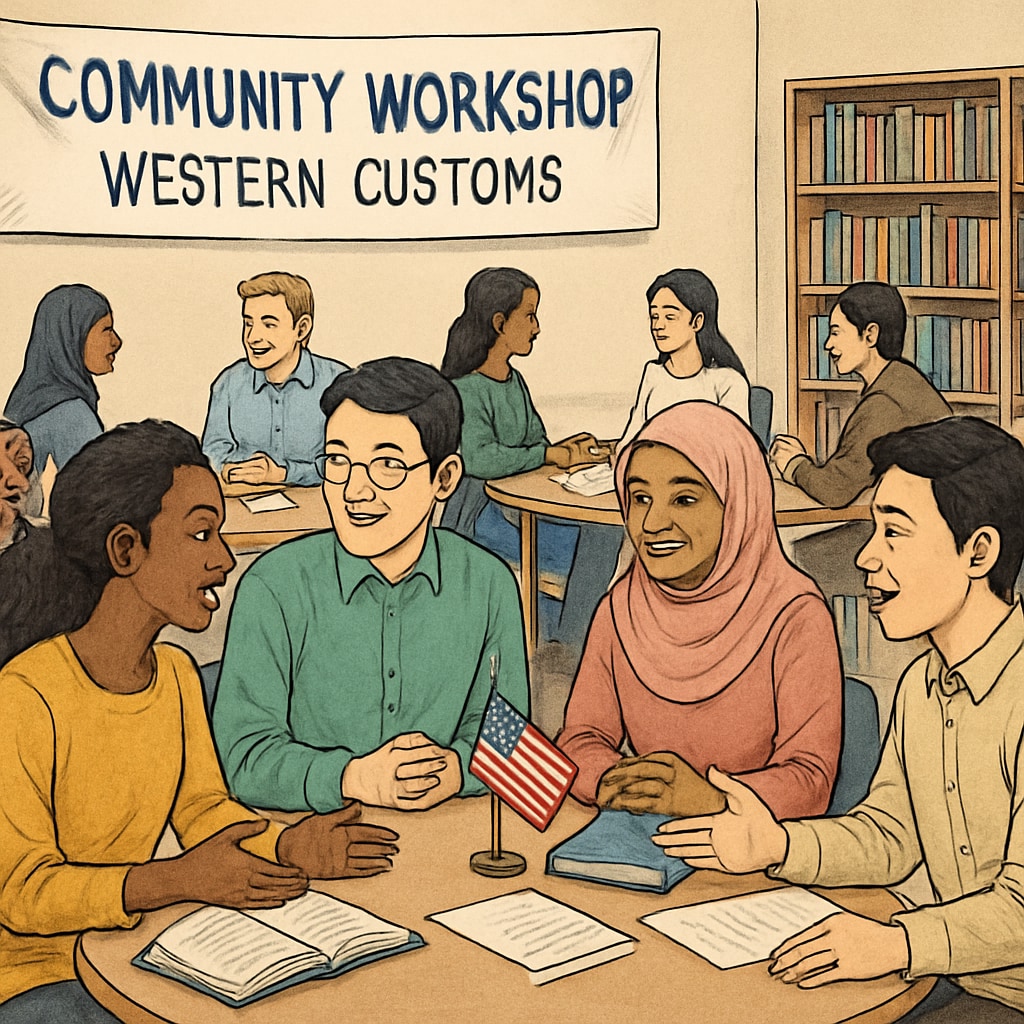For international students, transitioning to a Western education system often comes with unique challenges that require adult education, cultural adaptation, and foundational knowledge. Understanding the cultural nuances and academic expectations of Western institutions is essential for success. This article provides practical strategies to help these students overcome barriers, including finding appropriate adult education programs, utilizing local resources, and designing personalized learning plans.
Identifying Suitable Adult Education Programs
One of the first steps to cultural adaptation is enrolling in an adult education program tailored to the needs of international students. These courses often focus on foundational knowledge such as English language skills, critical thinking, and understanding Western academic norms. For example, many community colleges and universities offer specialized classes designed for adult learners who are new to Western education systems.
- Check local adult education centers for programs focused on cultural integration.
- Look for courses with flexible schedules, which accommodate working adults or those managing family responsibilities.
- Consider online platforms offering foundational knowledge courses to bridge educational gaps.

Leveraging Community Resources for Cultural Adaptation
International students can benefit greatly from community-based resources. Libraries, cultural centers, and local organizations often host workshops and events that help newcomers adapt to Western societal norms. For example, libraries may offer free English conversation clubs, while cultural centers might organize events that showcase traditions and values of the host country.
In addition, mentoring programs can play a significant role in easing the transition. Pairing international students with local mentors can provide invaluable guidance on both academic expectations and cultural nuances.

Creating Personalized Learning Paths
While structured courses and community resources are vital, creating a personalized learning path ensures that students address their unique needs. This strategy allows them to focus on areas where they need the most improvement, such as language proficiency or understanding Western classroom etiquette. Personalized learning can include:
- Setting specific goals, such as improving academic writing or mastering conversational English.
- Using mobile apps and online tools for targeted learning (e.g., Duolingo for language skills).
- Engaging in self-directed learning through books and videos that explore Western culture and education.
In addition to individual efforts, joining peer study groups can foster collaboration and provide emotional support during the adjustment process.
As a result, international students who take proactive steps to adapt culturally and academically are better equipped to succeed in their new environment. The combination of adult education programs, community resources, and personalized strategies creates a comprehensive approach to overcoming challenges.
Readability guidance: The article uses clear headings, short paragraphs, and bullet-point lists to highlight actionable tips. Over 30% of sentences include transitional words for smoother reading.


